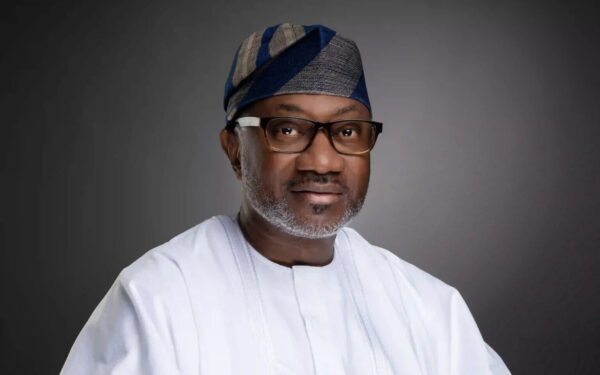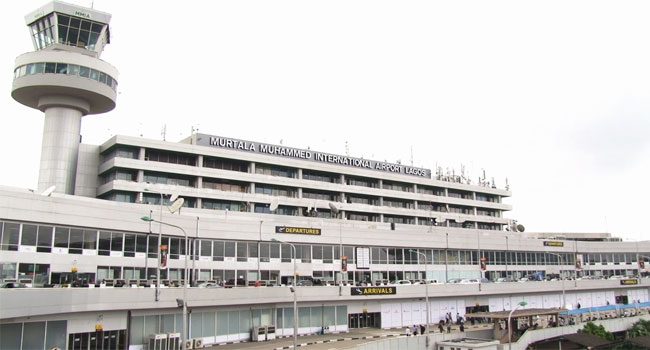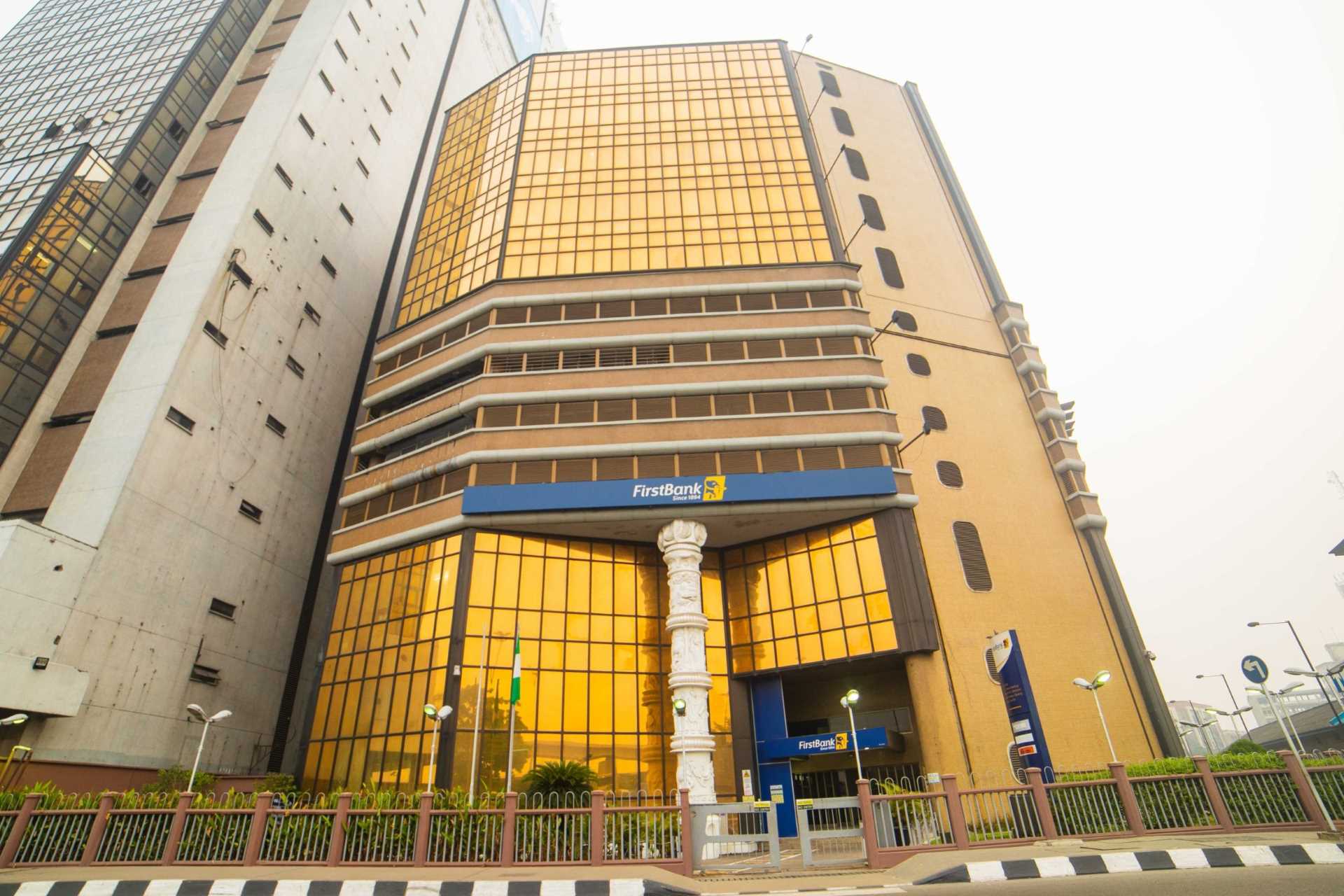In a statement addressing the 80th United Nations General Assembly, President John Dramani Mahama issued a bold declaration: “The future is African.” But this was more than a statement of optimism; it was a direct challenge to a world order he described as outdated, unjust, and rigged against the continent.
Delivering his speech on Thursday, President Mahama built a compelling case for why Africa can no longer be sidelined, tracing a historical arc from its exclusion during the colonial-era “Scramble for Africa” and the founding of the UN to its undeniable demographic and economic destiny.
“According to this organisation’s own projections, by the year 2050, more than 25% of the world’s population is expected to come from the African continent,” Mahama stated. “Additionally, by 2050, one-third of all young people, aged 15 to 24, will be residing on the African continent.” Pausing for emphasis, he declared, “So, you see, the future is African. Allow me to say this once again, a little louder for the people in the back. The future is African!”
Drawing a parallel to his own administration’s economic “reset agenda” in Ghana, which he said has successfully curbed inflation and stabilized the currency, President Mahama argued that the UN itself is in desperate need of “serious recalibration.”
He highlighted the stark contrast between the world of 1945 a world without personal computers, dominated by empires, and on the brink of the Cold War—and today’s world of AI, climate crises, and digital threats. “That was after only eight years; imagine, then, what it would be like after eighty years,” he remarked, referring to the gap between his two non-consecutive terms.
The core of this reset, he insisted, must be reform of the UN Security Council. He pointedly challenged the first article of the UN Charter, which declares the “sovereign equality of all its members.”
“If this were truly the case,” Mahama argued, “a continent as large as Africa with its numerous UN Member states would have at least one permanent seat on the Security Council. Furthermore, veto power should not be restricted to five nations, nor should it be absolute.” He called for a mechanism for the General Assembly to challenge a veto, stating, “No single nation should be able to exercise an absolute veto to serve its own interests in a conflict.”
Quoting Nelson Mandela’s similar plea from 1995, Mahama asked, “if not now, then when?”
The Ghanaian leader did not shy away from other contentious global issues. He condemned the violence in Gaza with stark clarity, cutting through diplomatic language: “it doesn’t matter what you call it: if it looks like a duck, swims like a duck, and quacks like a duck, well then… It must be a duck. The crimes in Gaza must stop.”
He also addressed the migration crisis, linking it directly to climate change and global inequality. Pushing back against xenophobic narratives, he stated, “We cannot normalise cruelty. We cannot normalise hatred. We cannot normalise xenophobia and racism.” He reminded the assembly that many migrants are “climate refugees” fleeing lands made unlivable by a crisis primarily caused by the Global North.
To counter negative stereotypes, he highlighted successful figures of Ghanaian diaspora, such as US Judge Maame Ewusi-Mensah Frimpong and former UN Secretary-General Kofi Annan. “These are not invaders or criminals,” he said.
In one of his most significant announcements, President Mahama, declaring Ghana as the “African Champion on reparations,” stated his intention to formally table a motion for the UN to recognize the transatlantic slave trade as “the greatest crime against humanity” and to demand reparations for both enslavement and colonization.
Looking forward, President Mahama vowed that Africa would take greater control of its own destiny, particularly over its natural resources. “The days of parceling out vast concession areas to foreign interests for exploitation must come to an end,” he said, promising to negotiate for a “bigger share” of the wealth that rightfully belongs to Africans.
He expressed fatigue with the enduring image of “poverty-stricken, disease-ridden rural communities, living at the periphery of huge foreign-controlled natural resource concession areas.”
Ending on a hopeful note, he echoed writer Arundhati Roy, saying, “Another world is not only possible, she is on her way.” For the sake of Africa and his own daughter, he expressed hope that this new world would be one of safety and equality for all.
The post “The future is African”: President Mahama demands global reset at UN General Assembly appeared first on The Herald ghana.





